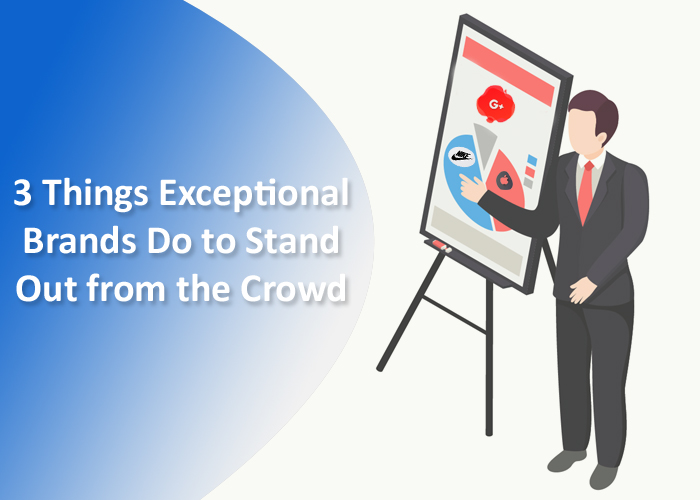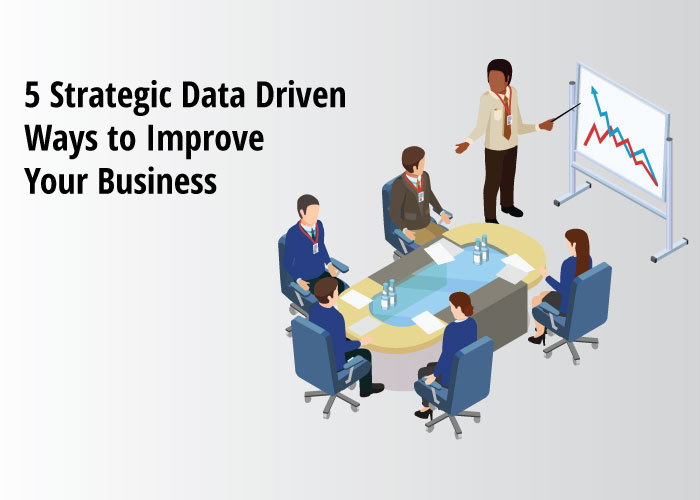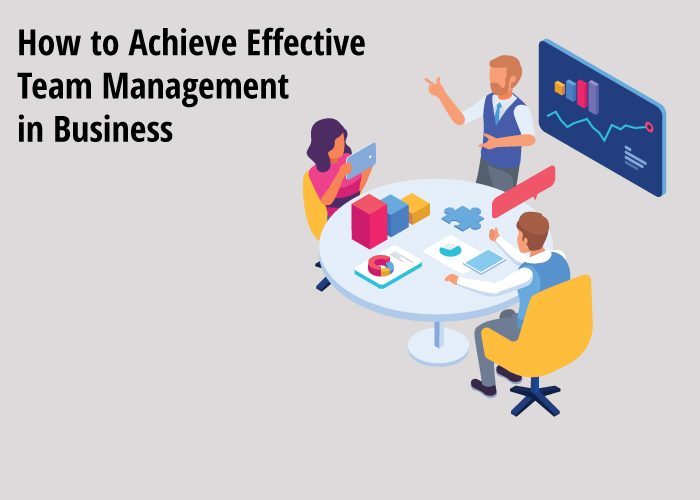3 Things Exceptional Brands Do to Stand Out from the Crowd

There are more people vying for your attention today than ever before. Starting a business has got easier and consumers are music from the marketers constantly. People are annoyed at the sheer frequency with which they are targeted from these sales persons. But exceptional brands like Apple, Nike, Google etc. are built from the heart, they know how to connect with people and make their world better.
Continue reading “3 Things Exceptional Brands Do to Stand Out from the Crowd”












